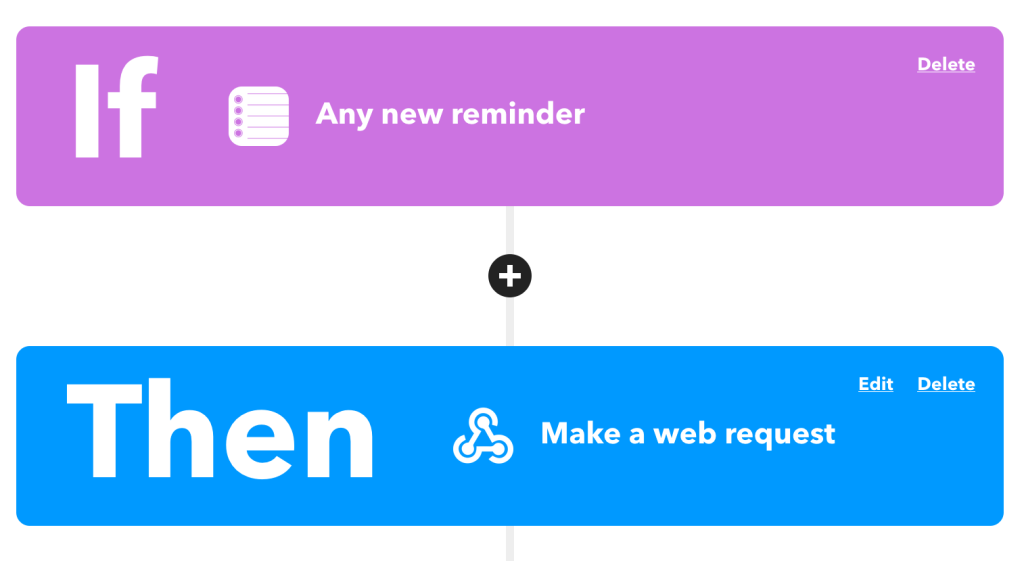My city is not known for being technologically adept, and I’m at least lucky they have a website with a CMS. Sadly though, the website offers only a broken ATOM 1.0 feed, a standard that’s old enough to drink in some countries.
Unfortunately, this doesn’t work with NewsBlur, so I had to sort to building a proxy that would parse the XML and output a JSON Feed.
Through the power of Phpfastcache (only for a little bit of caching), I am embarassed to show you this cobbled together mess:
<?php
define( 'DEBUG', false );
if ( defined( 'DEBUG') && DEBUG ) {
ini_set('display_errors', 1);
ini_set('display_startup_errors', 1);
error_reporting(E_ALL);
}
use Phpfastcache\Helper\Psr16Adapter;
require 'vendor/autoload.php';
$cache = new Psr16Adapter( 'Files' );
$url = 'https://www.cityoflinton.com/egov/api/request.egov?request=feed;dateformat=%25B%20%25d%20at%20%25X%23%23%25b%2B%2B%25d;featured=3;title=Upcoming%20Events;ctype=1;order=revdate';
$cache_key = 'atom-feed_' . md5( $url );
if ( ! $cache->has( $cache_key ) ) {
$atom_feed = file_get_contents( $url );
$cache->set( $cache_key, $atom_feed, 60 * 60 * 1 );
} else {
$atom_feed = $cache->get( $cache_key );
}
$feed_data = new SimpleXMLElement( $atom_feed );
$json_feed = array(
'version' => 'https://jsonfeed.org/version/1.1',
'title' => filter_var( trim( $feed_data->title ) ?? 'Upcoming Events for the City of Linton', FILTER_SANITIZE_STRING ),
'home_page_url' => 'https://www.cityoflinton.com/',
'feed_url' => 'https://decarbonated.org/tools/cityoflinton-rss/',
'language' => 'en-US',
'items' => array(),
);
foreach( $feed_data->entry as $entry ) {
$json_feed['items'][] = array(
'id' => md5( $entry->id ),
'url' => filter_var( trim( $entry->link['href'] ) ?? 'NO LINK FOUND', FILTER_SANITIZE_URL ),
'title' => filter_var( trim( $entry->title ) ?? 'NO TITLE FOUND', FILTER_SANITIZE_STRING ),
'content_text' => filter_var( trim( $entry->summary ) ?? 'NO CONTENT FOUND', FILTER_SANITIZE_STRING ),
'date_modified' => ( new DateTime( trim( $entry->updated ) ?? now(), new DateTimeZone( 'America/New_York' ) ) )->format( DateTimeInterface::RFC3339 ),
);
}
if ( defined( 'DEBUG ' ) && DEBUG ) {
header( 'Content-Type: text/plain' );
var_dump( $json_feed );
} else {
header( 'Content-Type: application/feed+json' );
echo json_encode( $json_feed );
}
Code language: HTML, XML (xml)
This will convert the XML from (prettified):
<?xml version="1.0" encoding="ISO-8859-1"?>
<feed xmlns="http://www.w3.org/2005/Atom">
<title>Upcoming Events</title>
<link rel="self" href="https://www.cityoflinton.com/egov/api/request.egov?request=feed;dateformat=%25B%20%25d%20at%20%25X%23%23%25b%2B%2B%25d;featured=3;title=Upcoming%20Events;ctype=1;order=revdate" />
<updated>2021-12-09T10:14:40</updated>
<id>https://www.cityoflinton.com/egov/api/request.egov?request=feed;dateformat=%25B%20%25d%20at%20%25X%23%23%25b%2B%2B%25d;featured=3;title=Upcoming%20Events;ctype=1;order=revdate</id>
<author>
<name>Organization Information</name>
</author>
<entry>
<title>City Hall Closed</title>
<link rel="alternate" href="https://www.cityoflinton.com/egov/apps/events/calendar.egov?view=detail;id=501" />
<updated>2021-12-09T10:14:40</updated>
<id>https://www.cityoflinton.com/egov/apps/events/calendar.egov?view=detail;id=501</id>
<featured>0</featured>
<summary type="html">City Hall Closed</summary>
</entry>
</feed>Code language: HTML, XML (xml)
to JSON like:
{
"version": "https://jsonfeed.org/version/1.1",
"title": "Upcoming Events",
"home_page_url": "https://www.cityoflinton.com/",
"feed_url": "https://decarbonated.org/tools/cityoflinton-rss/",
"language": "en-US",
"items": [
{
"id": "9b0bcc229cdc4266e539a785d77b4a8f",
"url": "https://www.cityoflinton.com/egov/apps/events/calendar.egov?view=detail;id=501",
"title": "City Hall Closed",
"content_text": "City Hall Closed",
"date_modified": "2021-12-09T10:14:40-05:00"
}
]
}Code language: JSON / JSON with Comments (json)
That’s all ¯\_(ツ)_/¯












